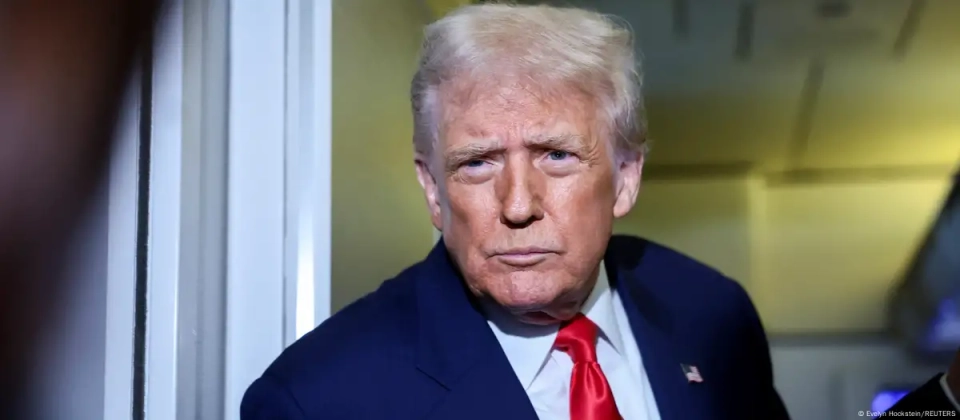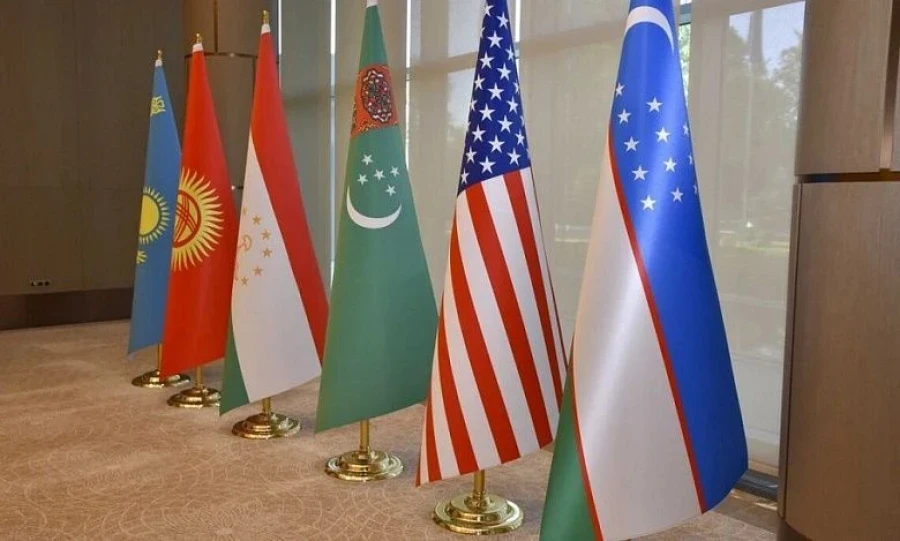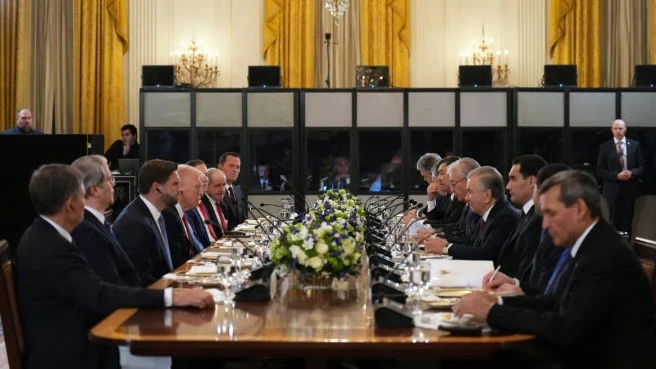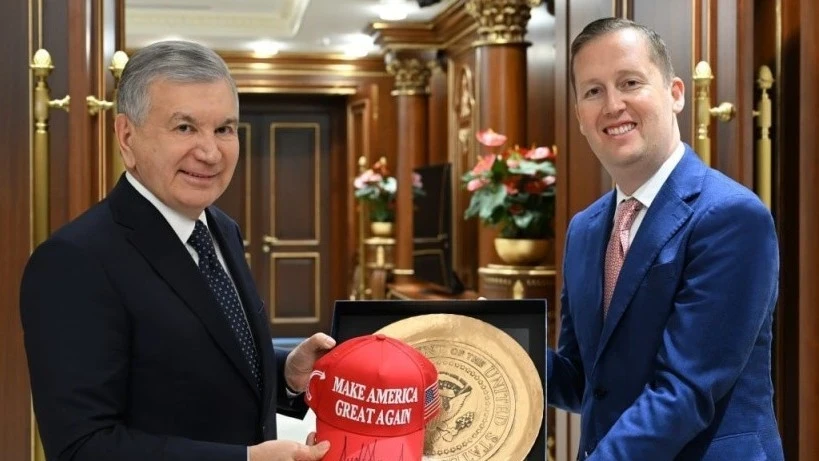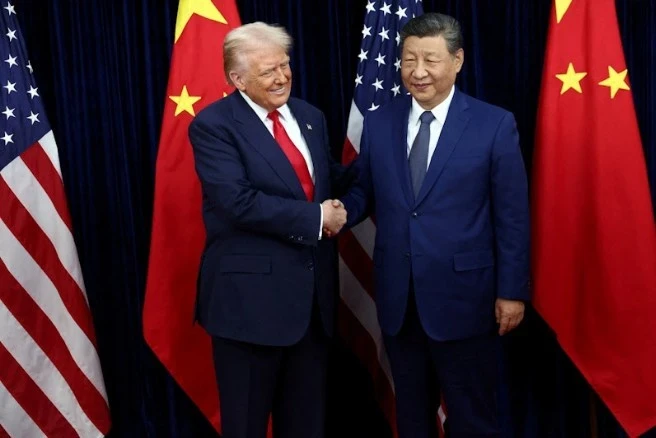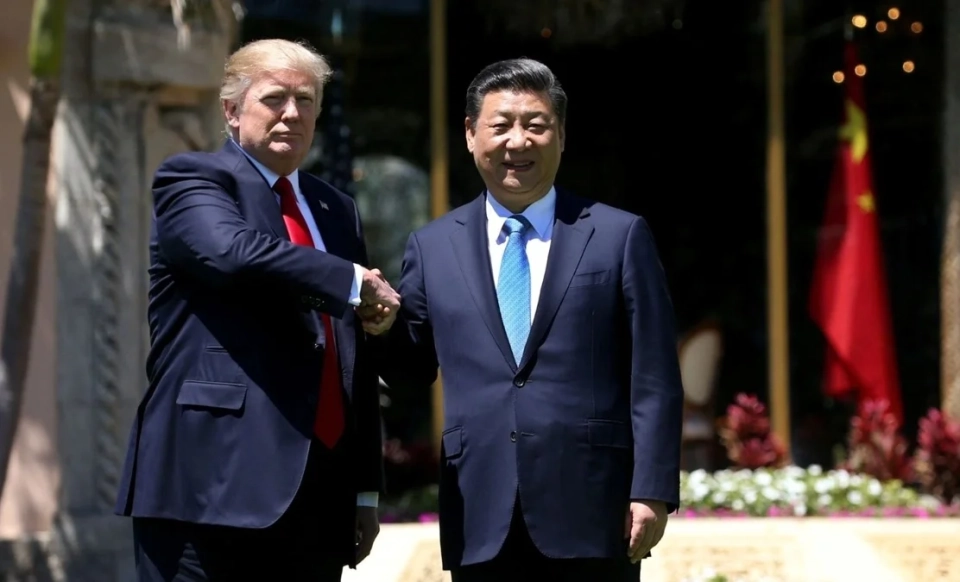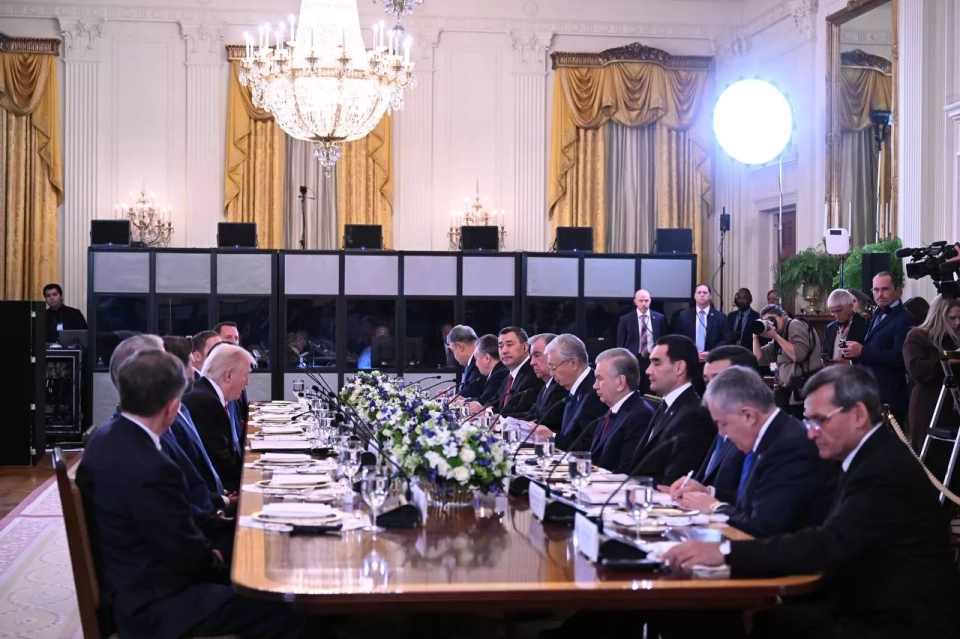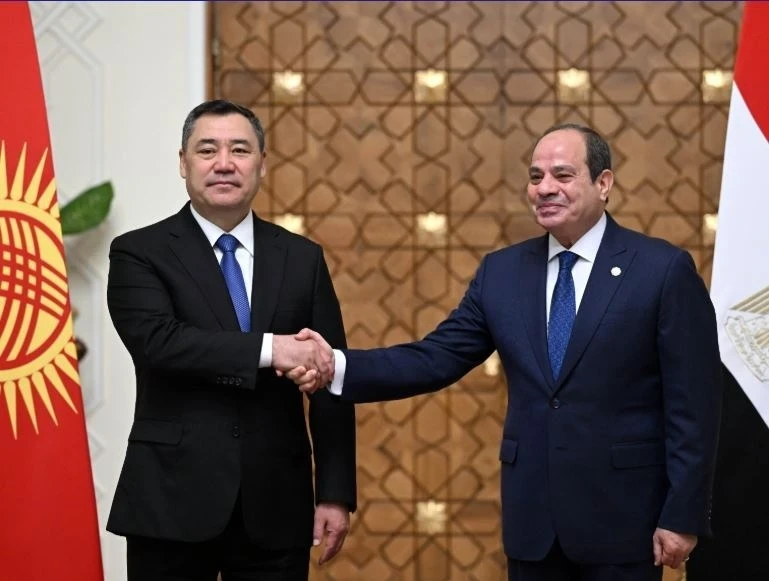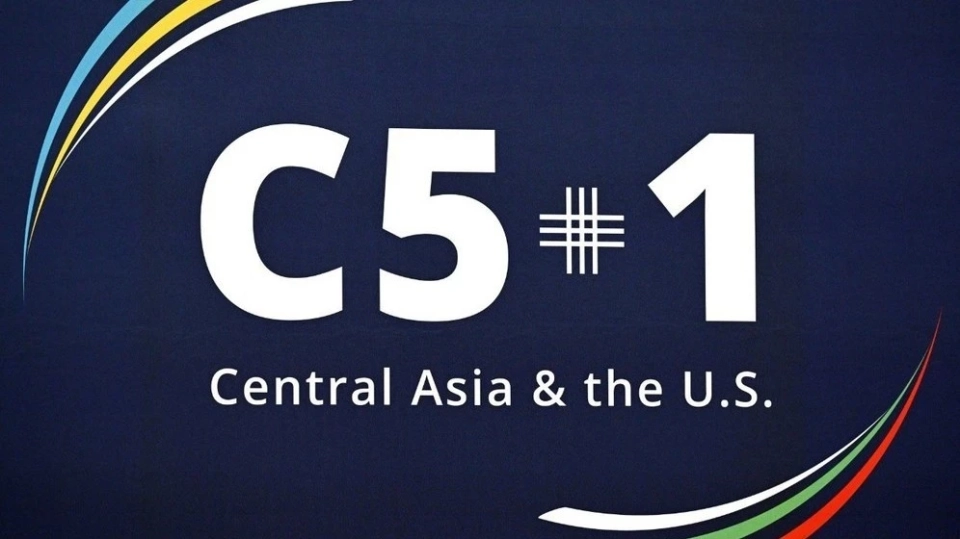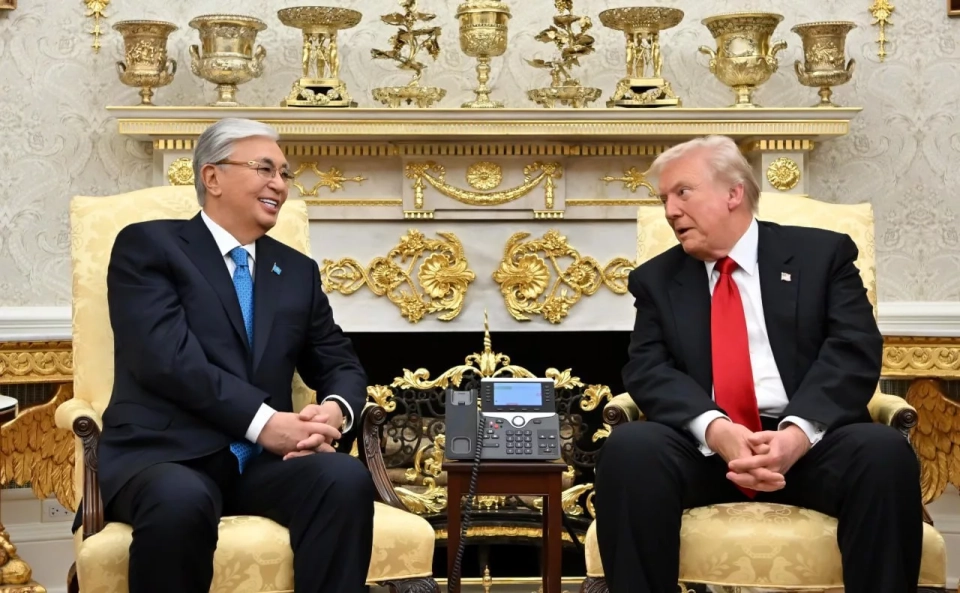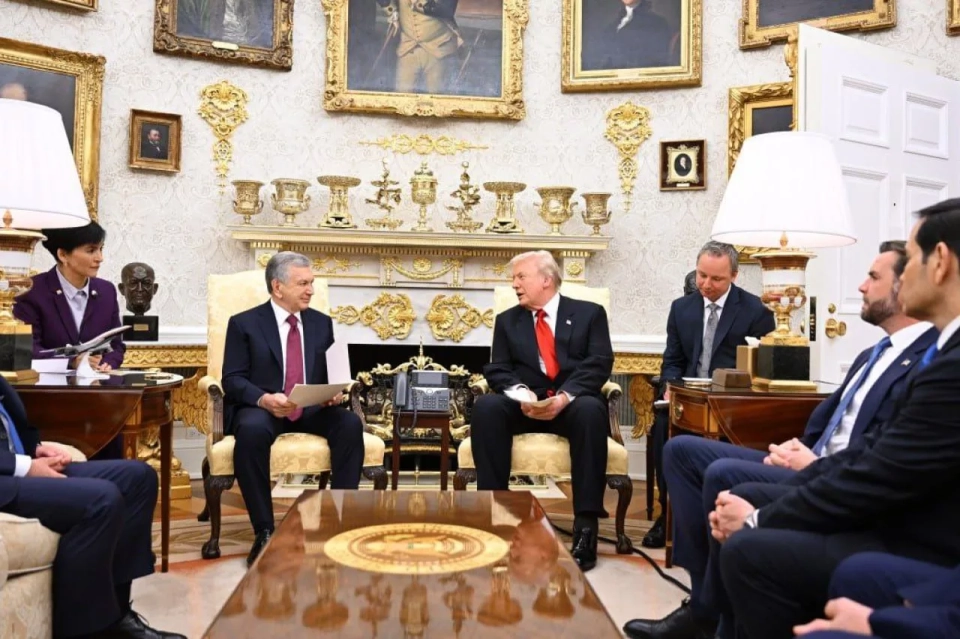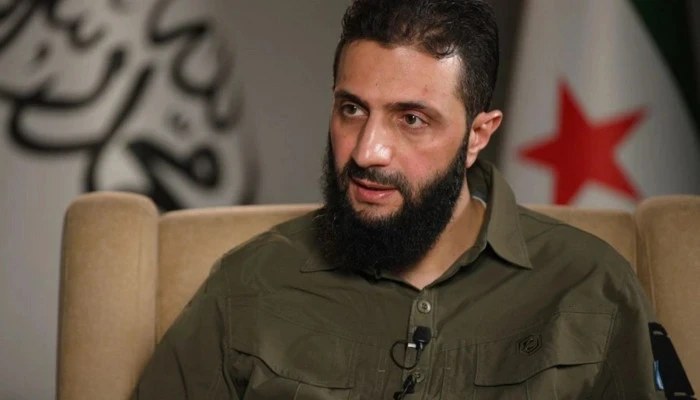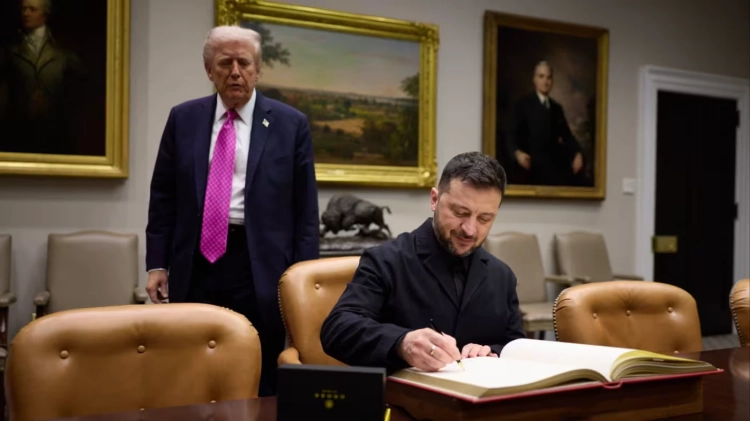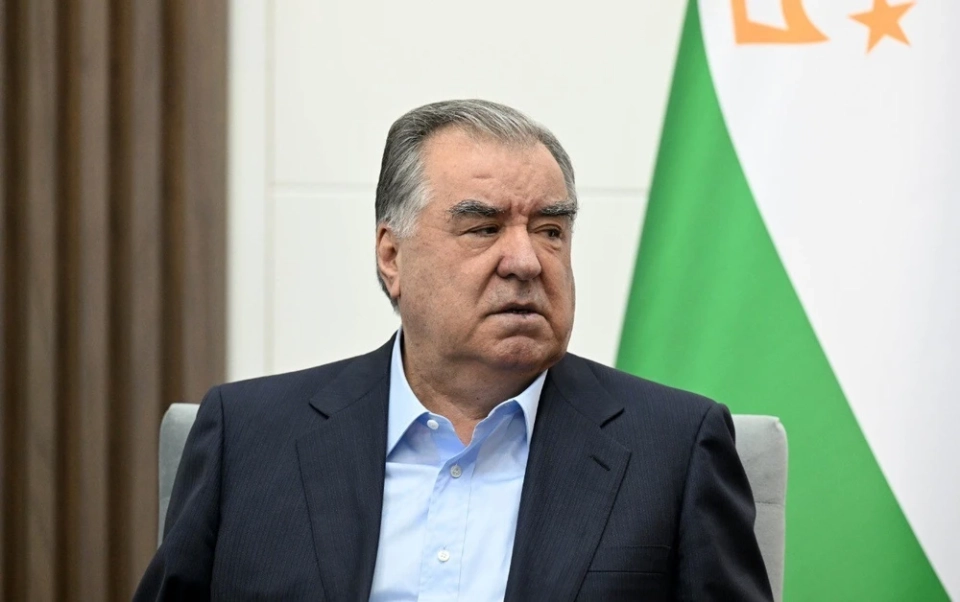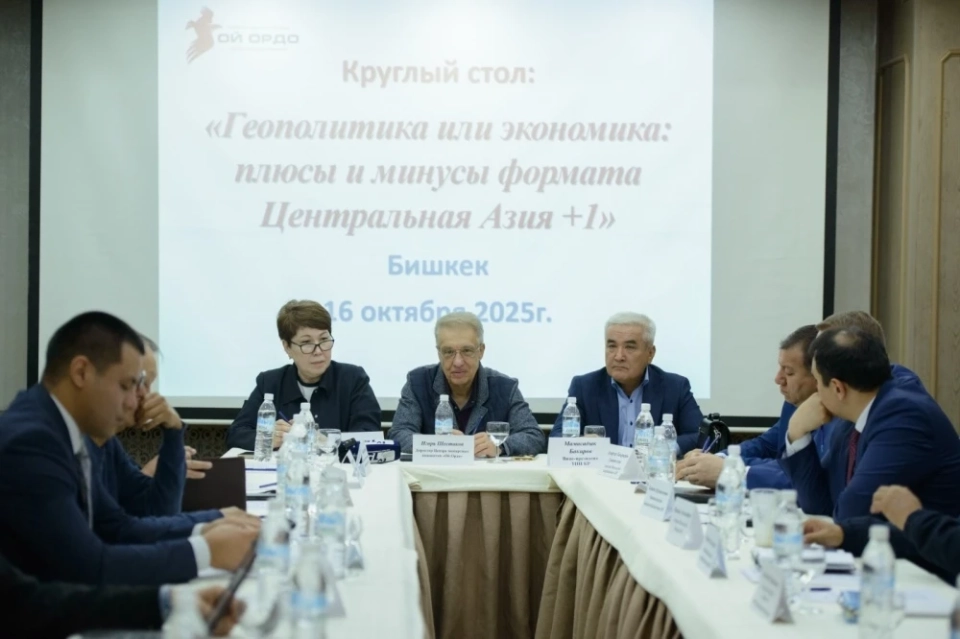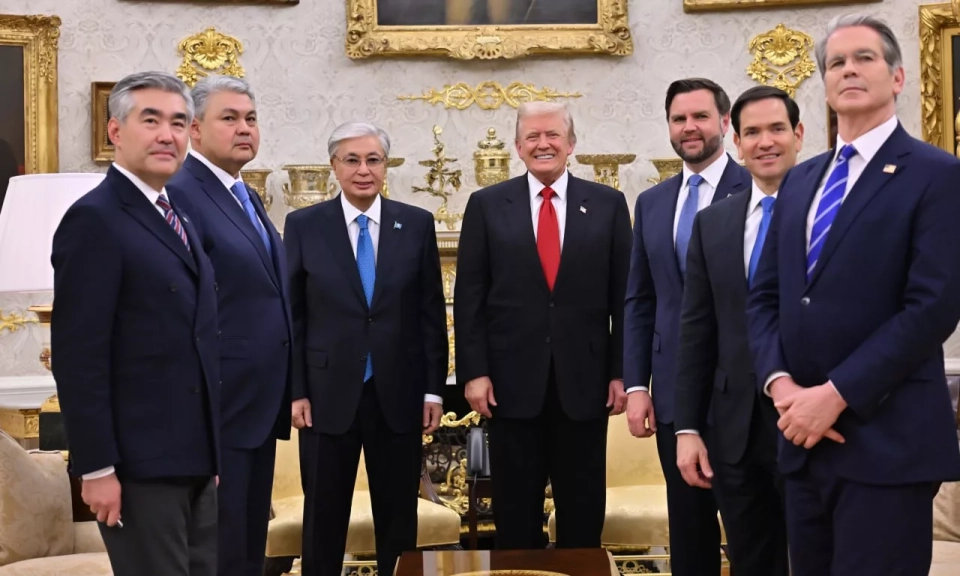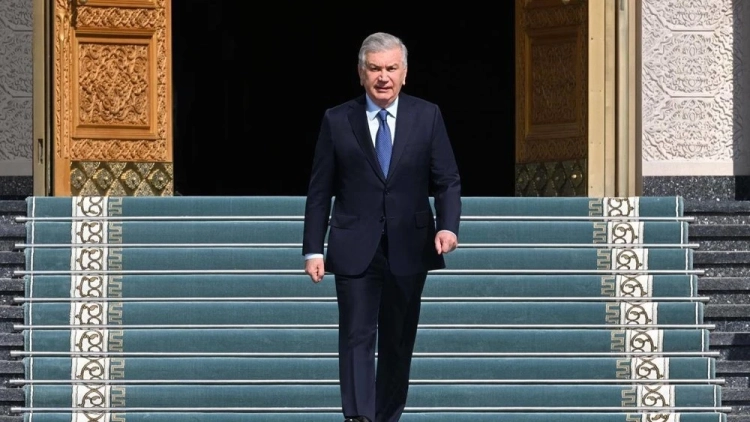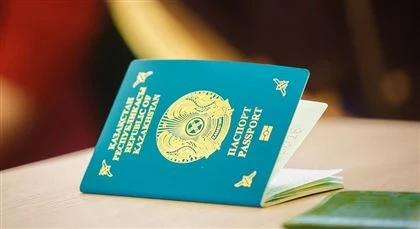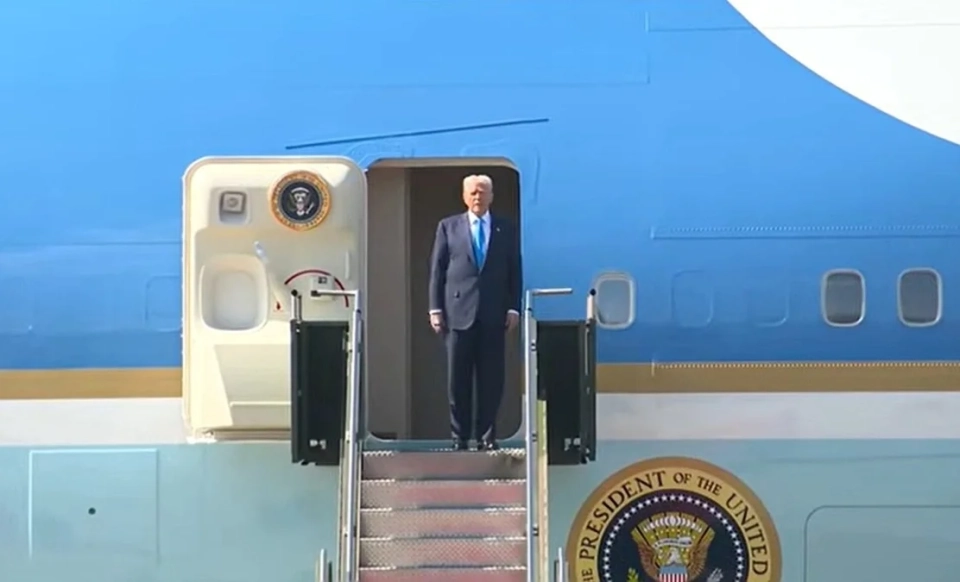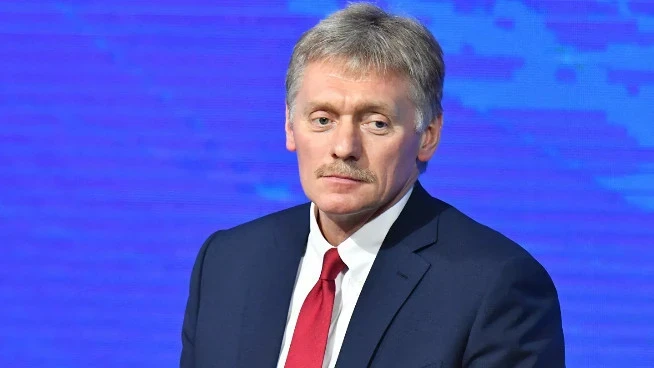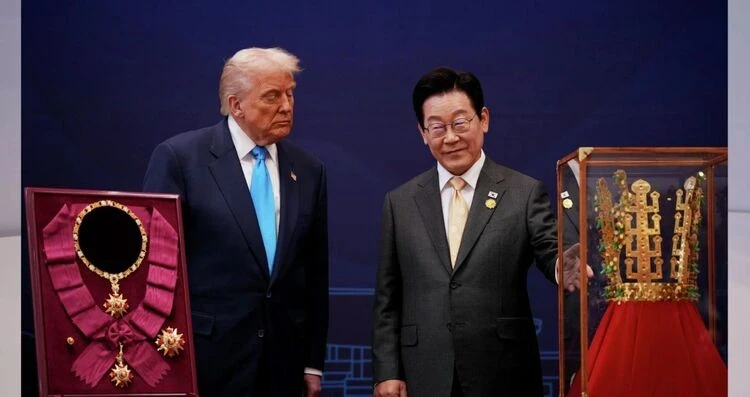
Photo Nathan Howard / Reuters.
On the evening of Thursday, November 6, U.S. President Donald Trump met at the White House with the leaders of five Central Asian countries, including Kazakhstan, Kyrgyzstan, Tajikistan, Turkmenistan, and Uzbekistan. The key topics and goals of this meeting are reported by the "Russian Service of the BBC".
According to information from Western media, at the "C5+1" summit, Trump discussed issues related to access to the region's rich mineral resources, where Russia and China are actively involved.
Among the summit participants were Kassym-Jomart Tokayev, Sadyr Japarov, Emomali Rahmon, Serdar Berdymukhamedov, and Shavkat Mirziyoyev.
Since 2015, "U.S. - Central Asia" summits have been held (the first meeting took place in Samarkand), but most of them were at the level of foreign ministers.
In 2023, Joe Biden, who was then president, met for the first time with the heads of all five countries in the region during the 78th session of the UN General Assembly. Thus, the current meeting is the second in history at the level of heads of state and the first held in the White House.
Reuters points out that one of the main reasons for the summit was the increasing competition for mineral resources in Central Asia, traditionally dominated by Russia and China.
"The U.S. seeks to conclude new agreements to ensure access to critically important minerals, energy resources, and trade routes to outmaneuver its geopolitical rivals," reports Reuters.
Mineral Wealth of Central Asia
As reported by AFP, "The West is showing increasing interest in the region's resources, the influence of Moscow over which has been called into question following the invasion of Ukraine, while China is also actively involved in the region's affairs."This year, Central Asia has been visited by high-ranking officials such as Russian President Vladimir Putin, European Commission President Ursula von der Leyen, and Chinese leader Xi Jinping.
The region is rich in rare earth metal reserves, and Kazakhstan is the world's largest producer of uranium (in 2014, it accounted for about 40% of global production, according to Reuters).
Uzbekistan is also among the top five countries in uranium production, and together these two countries provide more than half of the world's output. For the U.S., uranium supplies are critical, as Russia accounts for about 20% of imports of this metal.
Uzbekistan has significant gold reserves, while Turkmenistan is known for its rich gas fields. Kyrgyzstan and Tajikistan are also discovering new mineral deposits.
At the same time, Russia is actively present in the energy sector of Central Asian countries, supplying energy resources and building nuclear power plants.
China, sharing borders with Kazakhstan, Kyrgyzstan, and Tajikistan, is actively investing in large infrastructure projects in the region.
Beijing and Brussels support a transport corridor project through the Caspian Sea, which will allow goods to be delivered from Europe to Central Asia, bypassing Russia. This project, known as the Trans-Caspian International Transport Route, is also supported by the U.S.
As noted by the director of the Center for Strategic and International Studies (CSIS), Gracelyn Baskaran, "While China and Russia strengthen their control over infrastructure and extraction systems, Washington is trying to establish its presence through strategic projects."
Human Rights in Focus
At the same time, human rights organizations have repeatedly criticized the five Central Asian countries for serious human rights violations.As AFP reminds, according to the press freedom index compiled by "Reporters Without Borders," Turkmenistan ranks 174th out of 180 countries. Kazakhstan and Kyrgyzstan also supported Trump's intention to close the regional offices of "Radio Free Europe."
Shortly before the summit, Human Rights Watch published a statement describing examples of violations of political freedoms in the region's countries, including repression against the opposition and restrictions on movement.
The organization urged the Trump administration to pay attention to human rights. "Economic and social reforms in Central Asia require international support, but this support must be based on respect for human rights," noted Human Rights Watch's regional director Hugh Williamson. "Only then will the 82 million residents of the region be able to truly benefit from the deals made by their leaders in Washington."
However, according to political scientist Emilbek Juraev from the OSCE Academy in Bishkek, it is unlikely that human rights issues will be discussed at the summit, as they are less important to the Trump administration than trade agreements.
Juraev believes that there will be "no significant breakthroughs" in the area of critical minerals at the summit, as the meeting was organized on short notice and the resource issue is sensitive and complex.
Topics for Discussion: Afghanistan, Sanctions, and Ecology
As reported by Eurasianet, during the meeting with Central Asian leaders, Trump may also discuss other important topics, including regional security.The countries of the region are interested in discussing the situation in Afghanistan, where the "Taliban" is in power.
"Kazakhstan and Uzbekistan are actively working to establish contacts with the 'Taliban,' hoping not only for new trade opportunities but also realizing that cooperation is necessary to address important regional issues," notes Eurasianet.
Juraev also suggests that Japarov may raise the issue of U.S. sanctions against the Kyrgyz banking sector, which American and British officials believe has helped Russia in the war against Ukraine.
Additionally, Kazakh President Kassym-Jomart Tokayev may propose joint measures to combat the lowering water levels in the Caspian Sea, which poses a serious ecological threat. He may point out that this threatens the Trans-Caspian International Transport Route.
Kazakhstan and Uzbekistan have also expressed a desire to expand cultural and educational exchanges with the U.S., concludes Eurasianet.

